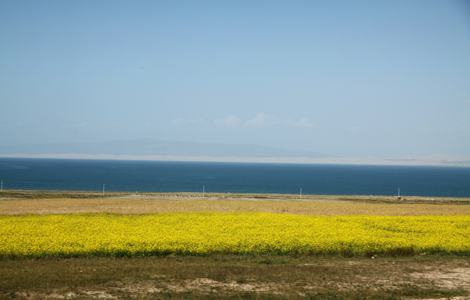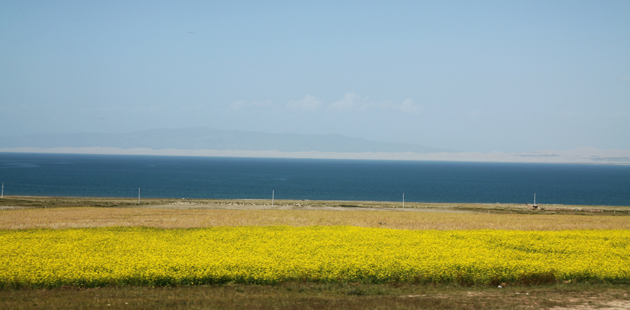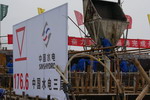Portuguese-speaking countries to attract Chinese investment
Updated: 2011-09-22 17:24
(Xinhua)
|
|||||||||||
NANCHANG - Portuguese-speaking countries are seeking to attract more Chinese investment at an ongoing forum hosted by China's major manufacturing region through the initiatives of Macao, a Chinese territory once occupied by Portugal but returned to China in 1999.
The Macao Special Administrative Region, a trade and economic co-operation service platform between China and Portuguese-speaking countries (PSCs), is sponsoring a business seminar at the 7th Pan Pearl River Delta (PPRD) Regional Cooperation and Development Forum.
The PPRD forum, initiated in 2004, seeks to stimulate the region's economy, which covers nine provinces and autonomous regions as well as Hong Kong and Macao. With a population of more than 470 million, or 35 percent of the country's total, the PPRD region is one of China's largest regional markets.
This year's forum is being held in Nanchang, capital of Jiangxi province.
The seven Portuguese-speaking countries are Angola, Brazil, Cape Verde, Guinea Bissau, Mozambique, Portugal and Timor-Leste.
Macao has been closely connected in trade and economy with PSCs, as it can provide services for mainland companies, including those in the PPRD region, to take advantage of opportunities in PSCs countries' markets, said Jackson Chang, president of the Macao Trade and Investment Promotion Institute.
Many local companies in Macao have business relationships with PSCs, as they have a language advantage and can provide information for mainland partners to help them to look for investment opportunities, Chang said, adding that Macao expects to set up a cooperative bridge between China and Portuguese-Speaking countries.
In the 12th Five-Year Plan, the central government has established a development orientation for Macao to accelerate the construction of a better service platform of economic and trade cooperation between China and PSCs, Chang said.
Since 2003, Macao has on three occasions successfully organized the Ministerial Conference of the Forum for Economic and Trade Co-operation between China and PSCs with the Permanent Secretariat of the Forum being based in the city.
The latest figures from the secretariat show that trade volume between China and the PSCs surged 27 percent year-on-year to $62.9 billion in the first seven months of 2011.
Angola's representative, Joaquim Perira da Gama, said that China is its largest trading partner, and the African nation welcomes Chinese investment and hopes to attract more Chinese visitors to develop its tourism industry.
Cesar Yu, chief representative of Brazil's trade and investment promotion agency in China, said Brazil is a leader in clean and renewable energy, fourth in aircraft manufacturing, and has the tenth largest petroleum reserves in the world. He hopes more private Chinese companies will invest or participate in cooperative projects in Brazil.
Mozambique representative Esmeralda Patricio said her country produces a lot of tea and prawn and expects Chinese companies to invest in these sectors to help in the processing of these products. She also said Chinese investors can find business opportunities in the energy, agricultural, manufacturing sectors, as well as within its fisheries.
Chang Hexi, Secretary-General of Secretariat of the Forum, said it's the right time to invest in Mozambique as the government is stepping up its infrastructure and manufacturing industry.
Danilo Afonso-Henriques, responsible for the economic, commercial and investment affairs of the Timor-Leste Embassy, said the small Asian country is an abundant source of natural resources, such as petroleum, natural gas and coffee, and Chinese can invest in its fisheries, energy and tourism industries, as well as its infrastructure.
Macao's government will pair with regional entrepreneurs to tap the markets of the PSCs and then the European Union and Latin American markets, said Chui Sai On, Chief Executive of the Macao Special Administrative Region.













